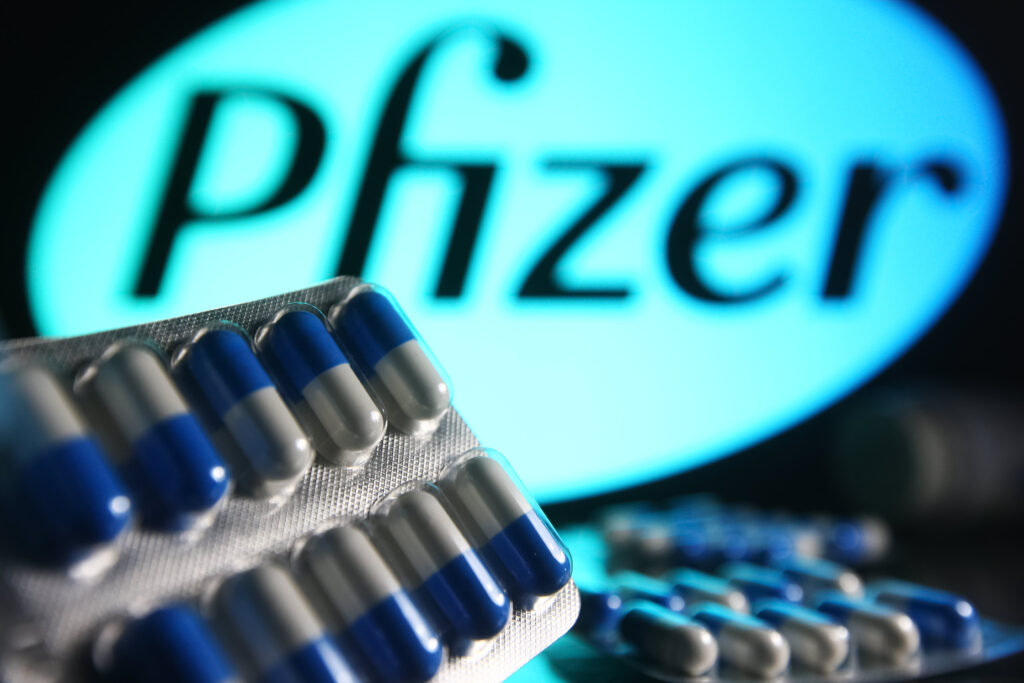Pfizer Stops Twice-Daily Obesity Pill Development
Pfizer’s ambitions to introduce a twice-daily version of the oral weight-loss drug danuglipron have been halted after most participants withdrew from the mid-stage trial due to severe side effects, including nausea and vomiting. This decision led to a 5% decline in Pfizer’s shares.
Tip: Please fill out the form if you or a friend would like more information on CGM systems.
Setback in Drug Development
Despite discontinuing the twice-daily variant, Pfizer continues to explore a once-daily version of the weight-loss pill.
The pharmaceutical giant aims to modify the drug’s release mechanism to mitigate side effects. However, any initial findings on the reformulated drug are not anticipated until the first half of the upcoming year.
This development poses a setback to Pfizer’s aspirations in the burgeoning obesity market, forecasted to reach a worth of $100 billion by the decade’s end.
Must Read CGMs in noncritical care hospitals optimizes glycemic control
Drug Overview and Market Competition
Danuglipron belongs to the same class of medications as Novo Nordisk’s Wegovy and Ozempic, along with Eli Lilly’s Mounjaro and Zepbound.
These drugs, known as GLP-1 agonists, initially intended for diabetes treatment, have garnered substantial revenue by regulating blood sugar, slowing digestion, and suppressing appetite.
Lilly and Novo are progressing with oral versions of their respective drugs in late-stage development. Novo anticipates filing for approval for a high-dose oral version of semaglutide this year, while Lilly’s version aims for a 2025 launch.
Read Guide about Wegovy Dosage Guide: The Best Way For Weight Loss
Market Responses and Future Prospects
Following Pfizer’s announcement, Eli Lilly’s shares saw a slight rise, while Novo Nordisk’s earlier loss was negated, trending flat.
Analysts remain uncertain about the tolerability profile of Pfizer’s reformulated drug for patients. While the once-daily version may sustain some optimism for Pfizer’s obesity strategy, external assets might become necessary to leverage the market opportunity, as suggested by Barclays analyst Carter Gould.
Also, read about Role of Sleep in Blood Sugar Control
Implications and Investor Sentiment
Pfizer reported a significant reduction in weight, up to 13% at 32 weeks, among adults with obesity and without type 2 diabetes in the mid-stage trial.
However, the side effects observed in the twice-daily version prompted over half of the participants to discontinue the drug, higher than the placebo group’s 40% discontinuation rate.
While Pfizer aims to recover revenue loss from declining COVID product sales, concerns about potential competition for its top-selling drugs have led to a decline of over 40% in its shares this year.
CEO Albert Bourla envisioned the obesity pill as a potential $10-billion-a-year product. However, analysts like TD Cowen’s Steve Scala consider this outcome worse than expected, emphasizing the challenges faced by the program.


